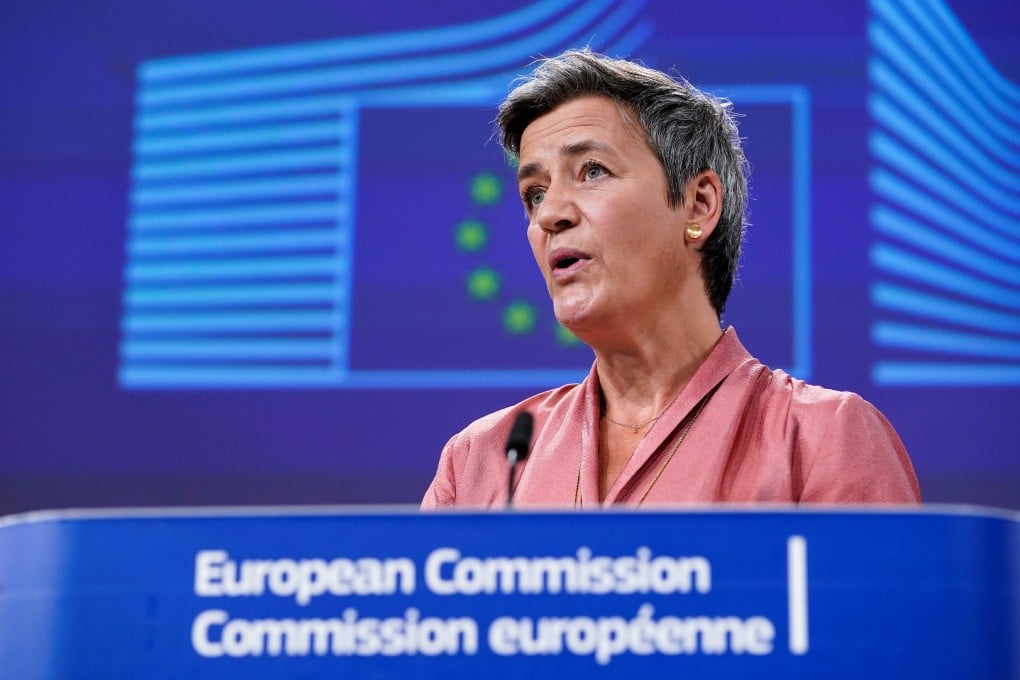EU seeks to curb investment by state-backed buyers from China and other countries
- The proposal is in response to EU’s fear of foreign subsidies being used to grow market share or underbid European rivals to gain access to important markets
- New measures are needed as existing rules are not enough to ward off a potential post-coronavirus buying spree of cheap assets, according to the European Commission

Europe took aim at China’s subsidised state-owned enterprises, as it proposed on Wednesday to set up new barriers to curb future – and possibly existing – investments by foreign firms receiving state aid.
The measure was in response to the European Union’s fear of foreign subsidies being used to grow market share or underbid European rivals to gain access to strategically important markets or critical infrastructure.
It came just days before European Commission President Ursula von der Leyen and European Council President Charles Michel were expected to meet Chinese Premier Li Keqiang on Monday for an EU-China summit.
Up to 60 per cent of China’s direct investments in Europe came from state-owned enterprises in recent years, according to a study by lobbying group BusinessEurope.

According to the European Commission, new investment measures were needed because existing foreign direct investment screening rules and trade defence measures were not enough to ward off a potential post-coronavirus buying spree of cheap assets.